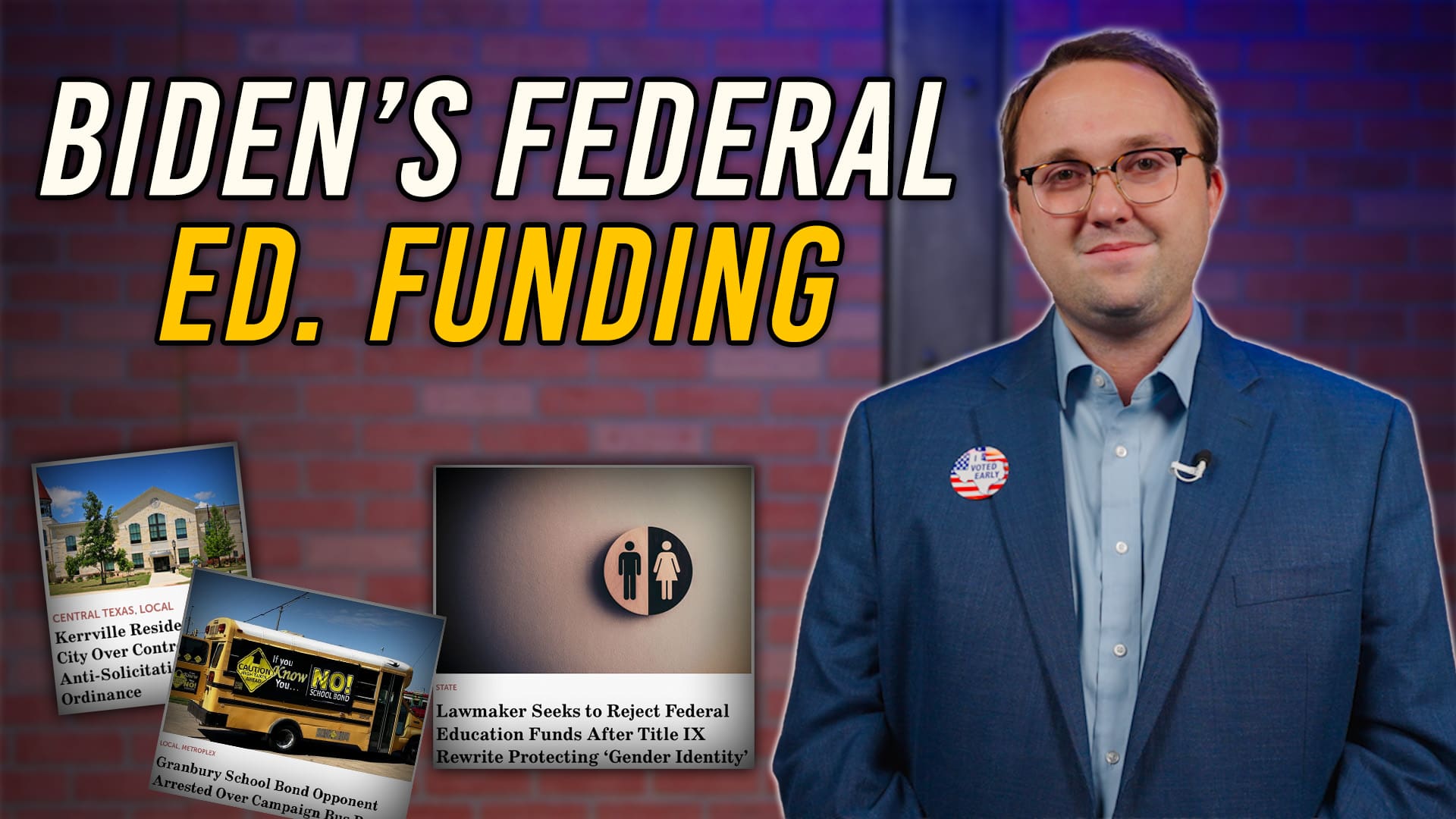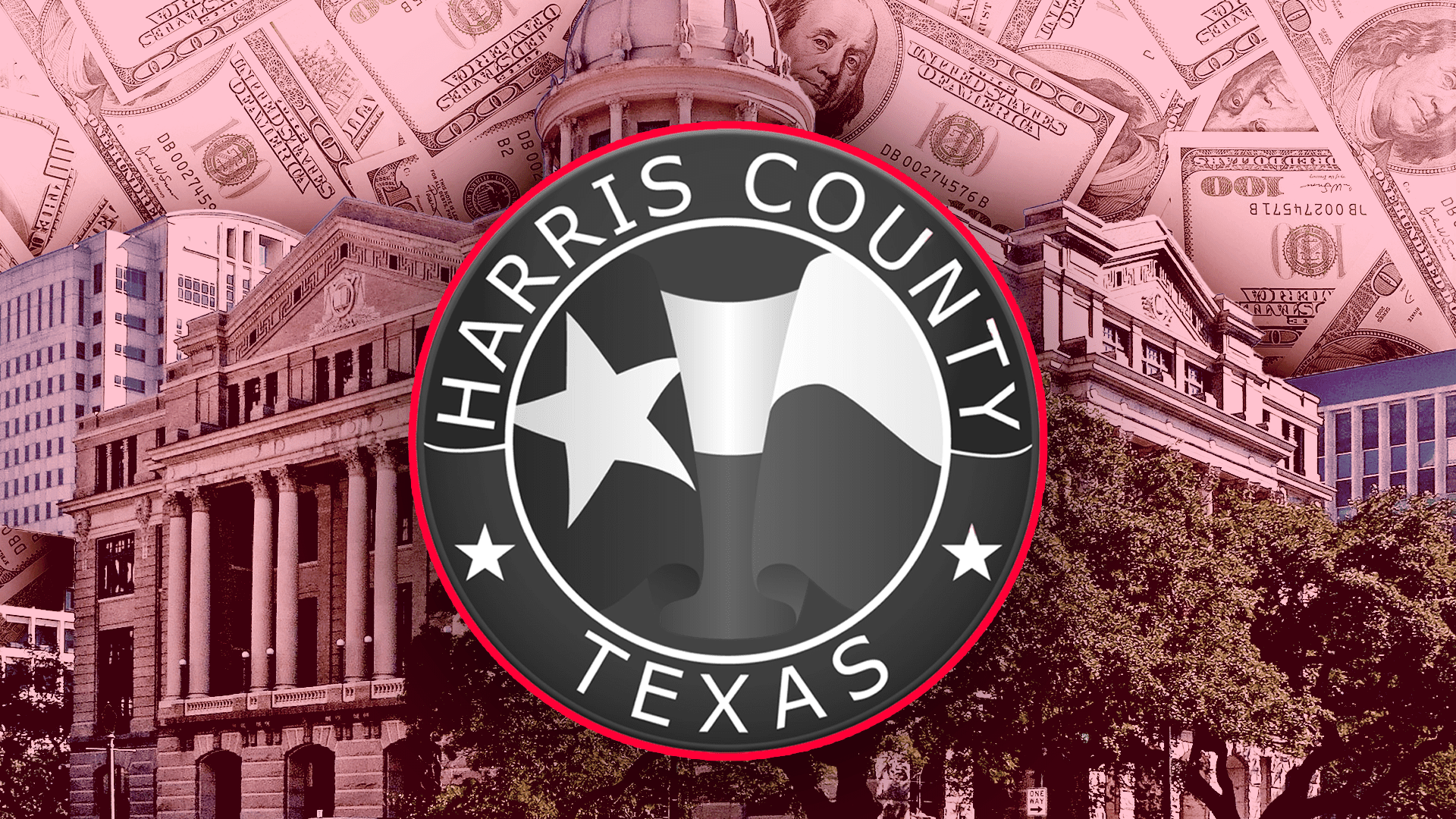Round Rock citizens face an important local election in May, where voters will decide who to give power over their own hard-earned cash.
Four candidates are running for two seats on the Round Rock City Council, a local government that makes critical decisions every year on how much money they’ll take from citizens and what to do with it. And without question, Round Rock homeowners have felt the very real effects of their council members’ decisions: Compared to just five years ago, the average homeowner is now paying roughly $300 more per year to the city council (and that doesn’t even include the soaring tax bills they’re also paying to the school district and county.)
Now, running for City Council Place 6 are Hilda Montgomery and Selicia Sanchez-Adame. Montgomery, a project manager for Dell, is the incumbent trying for re-election, while Sanchez-Adame is a business owner and first-time candidate.
Montgomery said one of her priorities is affordability.
“We need to ensure residents aren’t priced out of their homes, that our teachers and first responders can afford to live where they work, and that our seniors are able to age in place,” she said.
Montgomery’s voting record, however, directly contradicts her statement. While on council, she has voted to raise taxes and make “economic incentive agreements,” a term for making special deals with hand-picked businesses. The deals give citizens’ cash and other special perks—such as tax exemptions—to a privileged corporation of the council’s choosing.
Picture it like this: City council knocks on your door, demands you pay full taxes, then walks across the street and hands that cash to a next-door neighbor. And your neighbor doesn’t have to pay any taxes, either.
That’s exactly what Montgomery and the city council have done, instead of letting Round Rock homeowners keep hundreds of extra dollars to provide for their families.
Montgomery’s opponent, Sanchez-Adame, does not specifically mention taxes anywhere on her website’s platform or social media posts, but instead cites general priorities such as “effective transportation and infrastructure; safety and security … and fiscally responsible government.”
Running for City Council Place 3 are Rene Flores and Blane Conklin. Flores, a community banker, is the incumbent, and Conklin is a business analyst and former candidate for Williamson County judge.
Flores, like Montgomery, has also voted to raise taxes and make special deals with businesses during his tenure on city council. On his website, Flores applauded a multi-million dollar special deal with a waterpark resort as one of his most “notable” council accomplishments.
“Although I am just one member, in my time on Council we have had some significant wins for our city. The most notable being Kalahari Resorts and Convention Center… [among others]”
Flores made these decisions despite telling Community Impact that one of his priorities is low taxes.
On the other hand, Conklin, a staunch progressive, does not mention taxes on any of his social media posts or his website platform. He is instead heavily focused on enacting climate change and green energy policies.
“Until we take the first step, we do not know what it will cost,” Conklin said on his website. “We don’t even know what our carbon footprint is. We need to find that out, and that exercise will cost us next to nothing. But until we take the first step, it is impossible to say what the cost will be.”
Just ask Georgetown residents what the cost has been—their city officials made a gamble to switch their entire power supply to 100 percent green energy under the promise of cheaper electric bills, and the decision has been a complete disaster. Residents are now forced into paying more expensive bills while other fuels, such as natural gas, are much cheaper.
Who gets elected at the local level directly impacts citizens’ wallets, whether it’s with more expensive electric bills or hundreds of extra dollars that residents could have kept in their pocket.
Regarding the city council candidates—ask them where they stand on cutting tax bills. If elected, will they let you keep more of your money to provide for your family? A simple Facebook message to a candidate’s campaign could shed light on that critical answer.
It’s your money at stake, after all.
Early voting runs from April 22-30, with Election Day on May 4.





